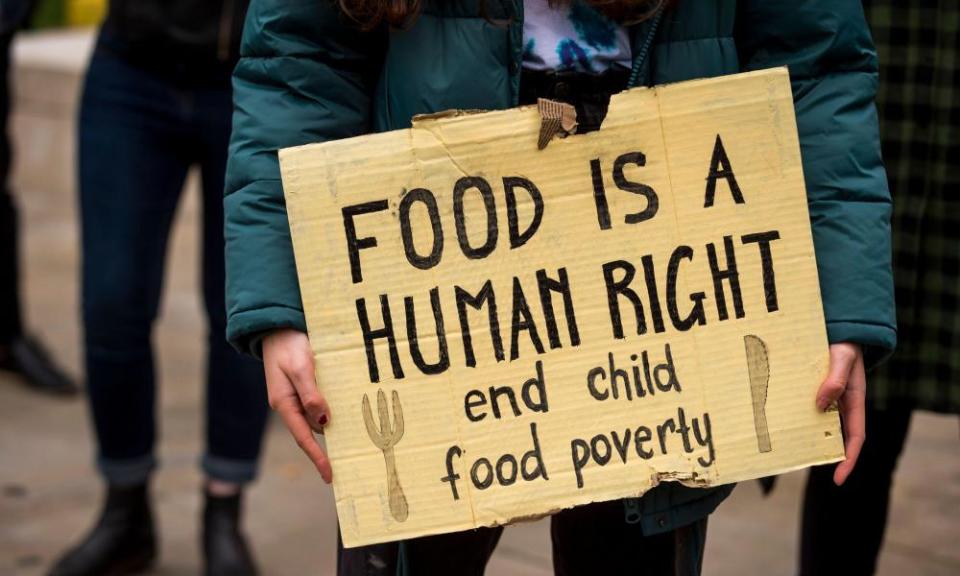Failure to enact public duty law 'has worsened England inequality in pandemic'

The failure of successive governments to enact part of the Equality Act, which would have imposed a duty to address socio-economic disadvantage, has exacerbated inequalities in England during the coronavirus pandemic, a thinktank has claimed.
The Runnymede Trust’s report, Facts Don’t Lie, says that the public sector duty provision would have imposed a legal obligation on education authorities in England to ensure working class children on free school meals were fed properly while schools were shut and had access to laptops for remote learning.
Section 1 of the Equality Act 2010 requires authorities, also including local councils, the police and most government departments, to carry out their functions having “due regard to the desirability of exercising them in a way that is designed to reduce the inequalities of outcome which result from socio-economic disadvantage”.
The section was activated in Scotland in 2018 and is due to commence in Wales at the end of next month but has not been effected in England, an omission the Runnymede Trust says must be remedied.
“If there were genuine intent to ‘level up’ society, our government would invest in jobs, education and training, and narrow the gap between the working class and the rest of society,” said Dr Halima Begum, the trust’s chief executive and author of Facts Don’t Lie. “Implementing the section 1 public sector duty would be a decisive first step in that direction.”
She said it would also illustrate that the government was committed to supporting working class communities, irrespective of ethnicity.
Begum has been among the most vociferous critics of a speech by the minister for women and inequalities, Liz Truss, in which Truss claimed white working class children were being neglected because of a focus on protected characteristics such as race. The report says this is a “false equivalence … not least because a substantial number of the working class are BME [black and minority ethnic] people”.
Begum said: “While we may debate the underlying rationale of what is no doubt a calculated government strategy, whether or not limited to shoring up the red wall (northern seats formerly held by Labour), such rhetoric only pits one vulnerable community against another, while doing little to assist anyone to escape the shackles of their privation and poverty.”
The government has been forced into a series of U-turns over free school meals during the pandemic after interventions by the footballer and anti-poverty campaigner Marcus Rashford and has also faced criticism over the lack of laptops available for some of the poorest and most vulnerable pupils.
In January, it said children without access to devices could go to school for face-to-face learning, although this raised fears about crowded classrooms increasing the risk of Covid-19 spreading.
The Runnymede Trust says there would have been an onus on authorities to tackle these and other issues, including the struggle of some health and social care staff to access adequate personal protective equipment, had the public sector duty regarding socio-economic inequalities been implemented.
A spokesperson for the government’s equality hub said: “We are looking at how [to] open up opportunities to everyone, no matter their class, ethnicity or background.
“We established the Commission on Race and Ethnic Disparities, which has been examining all aspects of continuing racial and ethnic disparities in Britain and is due to submit its report to the prime minister soon.
“There are no plans to implement the socio-economic duty. This government wants to create real change and chance for individuals, not a tick-box exercise.”

 Yahoo Finance
Yahoo Finance 